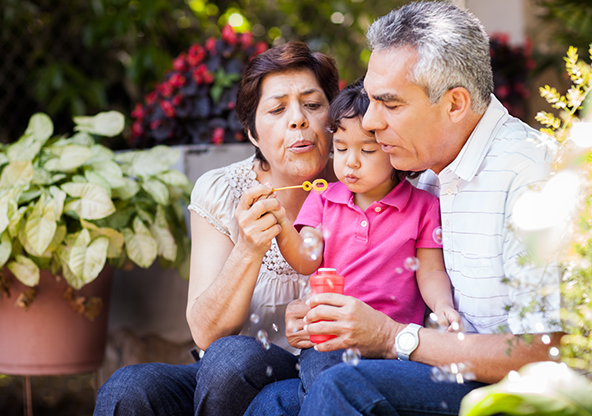Arrhythmias
What are Arrhythmias?
When your heart races when you’re sitting still or you feel like you’re going to pass out after a sudden movement, you may have a heart condition called arrhythmia. Also known as an irregular heartbeat, arrhythmia is caused by interruptions in the electrical impulses that regulate blood flow. If you think you have arrhythmia, see your primary care provider before it possibly causes a more serious condition.
Learn About Cardiac Arrhythmia
Normalize Your Heart Beat

Cardiac arrhythmia is any change to the normal electrical impulses in your heart. This can cause your heart to beat too fast, too slowly or with an irregular pattern. When the heart doesn’t pump in a regular, coordinated pattern, blood clots may develop, leading to a possible heart attack or stroke. Causes of arrhythmia include:
- Alcohol and drug abuse
- Blocked arteries
- Caffeine in coffee, soft drinks or energy drinks
- Certain prescription medications
- Damage from a heart attack or heart disease
- Diabetes
- Electric shocks
- High blood pressure
- Smoking
Arrhythmias can even be triggered by activities or stress from everyday life, such as exercise, strong emotions, sleep problems and sudden movements or noises.
Types, Test, & Treatments for Arrhythmia
There are various types of arrhythmia conditions that affect different people of all ages. Below are the different types:
- Atrial fibrillation: Irregular contractions of the heart’s two upper chambers. This can lead to blood clots, a common cause of stroke
- Bradycardia: A slow heartbeat — fewer than 60 beats a minute
- Conduction disorders: These include heart blocks when electrical signals don’t travel properly through your heart.
- Long QT syndrome: An electrical disorder that causes dangerous arrhythmias during periods of exercise or stress
- Tachycardia: A fast heartbeat — more than 100 beats a minute
- Ventricular fibrillation: Irregular contractions of the heart’s two lower chambers
Your CHRISTUS Health physician will refer you to a cardiologist to diagnose a possible arrhythmia. They may study your heartbeat with one of these methods:
- Echocardiogram: An ultrasound of your heart showing valve function
- Electrocardiogram (ECG or EKG): A graph showing heart rhythm and heart rate
- Electrophysiological study: A test of your heart’s electrical system, performed by inserting a soft wire into a leg vein and up to your heart while you are under sedation
- Holter monitor: A portable ECG you wear for 24 hours or more
- Stress test: A test of your heart’s response to strenuous exercise, performed by wearing an ECG while you pedal an exercise bike or walk on a treadmill
Arrhythmia treatments are designed to restore your heartbeat to a normal range, prevent blood clots and treat underlying diseases. Your cardiologist may approach treatment in one or more of the following ways:
- Ablation: A surgical procedure that scars heart tissue to stop abnormal electrical signals causing arrhythmias
- Cardioversion can be accomplished either through the use of medication or electrical current. A standard approach following patient sedation involves delivering an electrical current to the heart through large stickers/pads attached to the chest wall.
- Blood-thinners: Medications to reduce stroke risk
- Implants: Pacemakers and other devices use electric impulses to manage heart rhythm. Closure devices block parts of the heart where blood clots are likely to form
- Lifestyle Changes: Restrictions on alcohol, caffeine, nicotine or certain over-the-counter cough medicines
